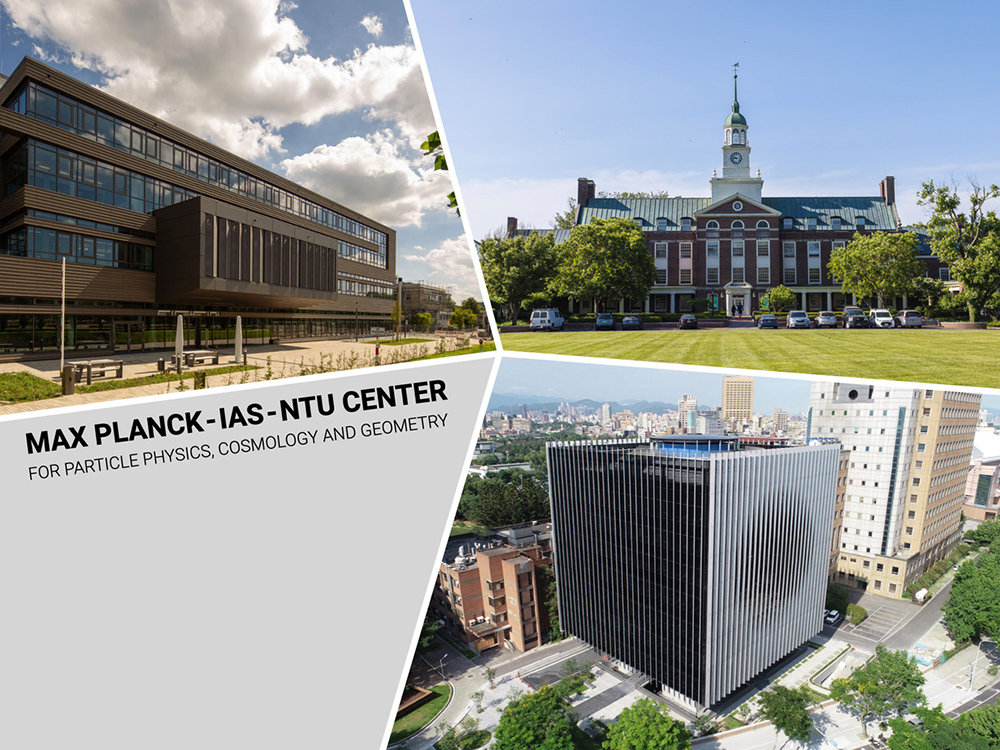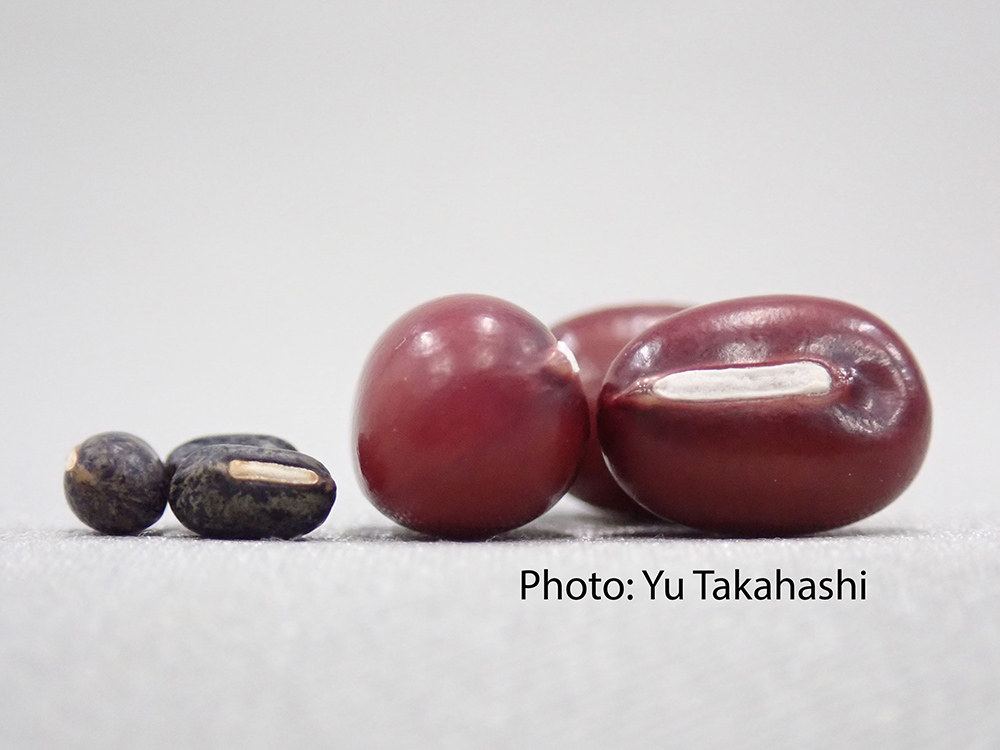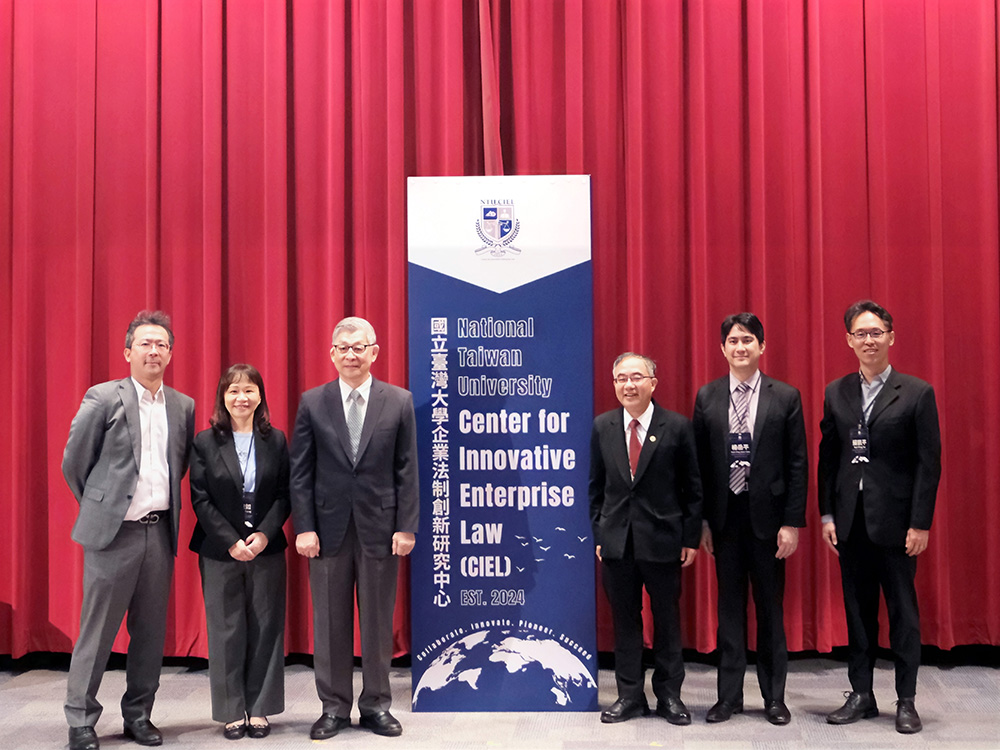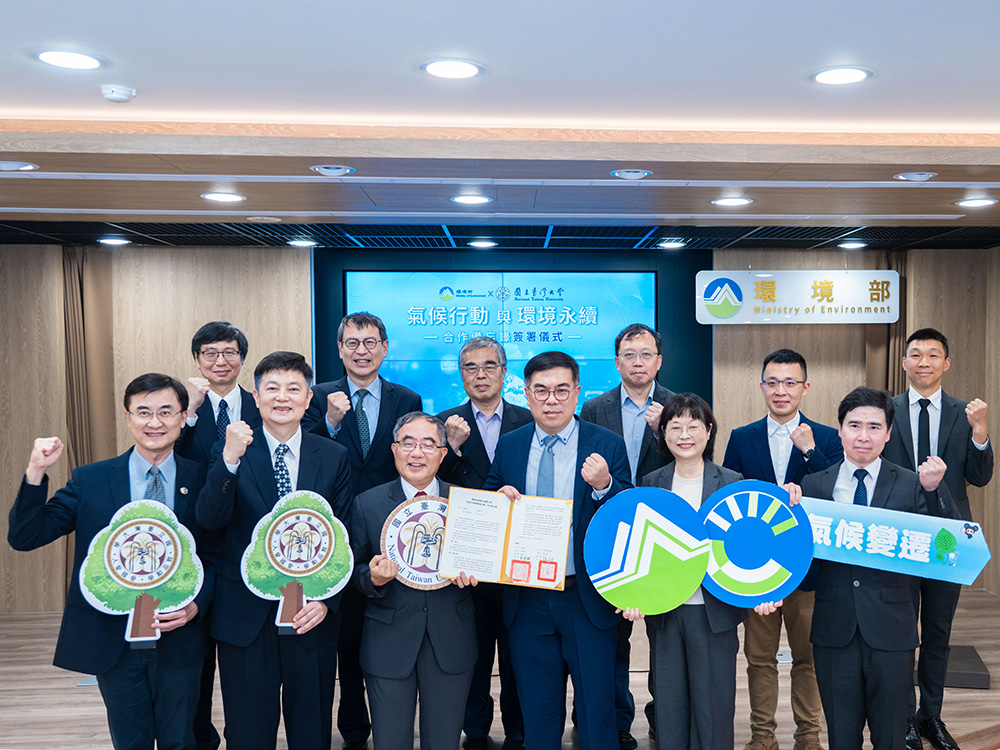
A new milestone for science at NTU: The inauguration of the Max Planck-IAS-NTU Center
瀏覽器版本過舊,或未開啟 javascript
請更新瀏覽器或啟用 javascript
Spotlights
Executive Vice President Tei-Wei Kuo awarded IEEE TCCPS Distinguished Leadership Award
Certificate of the 2017 Distinguished Leadership Award
Executive Vice President Kuo calling from the US to thank President Yang at the presidential handover ceremony
In late June, NTU Executive Vice President for Academics and Research Tei-Wei Kuo (郭大維) headed for Austin in the United States to receive the 2017 IEEE TCCPS Distinguished Leadership Award in person. By conferring the award to Kuo, the Technical Committee on Cyber-Physical Systems (TCCPS) of the Institute of Electrical and Electronics Engineers (IEEE) has recognized his leadership in and contribution to cyber-physical systems.
Kuo became a Fellow of the Association for Computing Machinery (ACM) in 2015, and was the second information engineering scholar in Taiwan to have been elected an ACM Fellow. In addition, Kuo is currently the vice chair of ACM Special Interest Group on Applied Computing (SIGAPP). These honors are indeed the achievements of long-term dedication and research.
Among the various societies, councils, and committees of IEEE, TCCPS is aimed to facilitate interdisciplinary research and education, as well as create a social and industrial environment that integrates artificial intelligent and physical systems through the interaction between cyber space (e.g., automatic control based on sensors and computers) and physical space (e.g., environments and machines).
Cyber-physical systems are a key technology of Industry 4.0 as well as a topic enthusiastically discussed in recent years. The design and operation of a cyber-physical system require the coordination of various technologies. For example, big data analysis, statistical information, computer automatic control, real-time sensing, fault tolerance management, and user feedback have been adopted to integrate cyber and physical spaces. In addition, this technology has been used to develop a new model of life and mechanism for future society in fields such as smart home, smart transportation, free flight, smart energy, industrial automation, trade marketing, environmental control, and online-to-offline (O2O) systems for retail businesses, marking a comprehensive innovation and revolution for humankind.
Kuo’s winning of the award indicates that NTU has gained a leading position in the field of cyber-space systems. With solid experience in practical and theoretical research (particularly the design of flash memory and the development of embedded systems), Vice Executive President Kuo took over the leadership for Stanley Wang D-School@NTU last year to facilitate interdisciplinary collaboration among NTU faculty and students, building NTU’s international reputation as a stronghold for the development of cyber-space systems.

A new milestone for science at NTU: The inauguration of the Max Planck-IAS-NTU Center

A Distinguished Global Research Center Established at NTU under Trilateral Cooperation

Collaborative study between NTU and Japan uncovers the origin of Adzuki Beans and agriculture in Japan

NTU Launches Center for Innovation in Enterprise Law—with Forum Highlighting Trump’s Policy and Legal Shifts Amid Geopolitical Tensions

NTU and Ministry of Environment Sign MOU to Advance Net-Zero Transition and Environmental Resilience
Current Spotlights